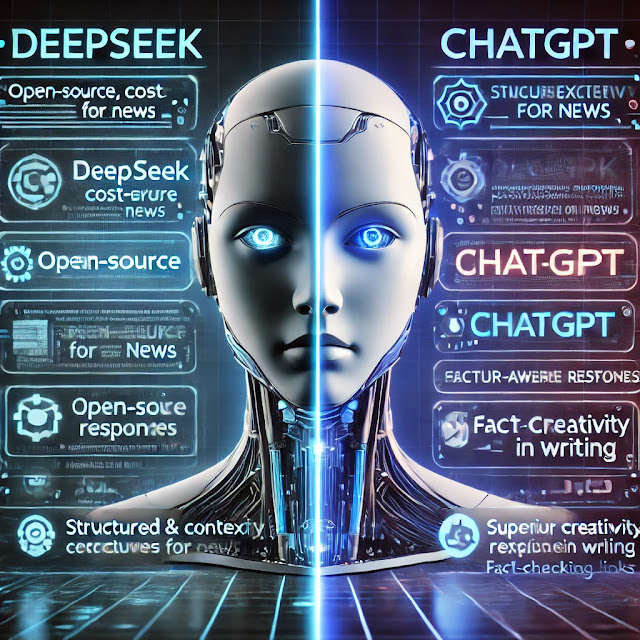AI is not merely a tool—it is an agent: Yuval Noah Harari
AI is not merely a tool—it is an agent. Unlike tools of the past, which we fully controlled, AI can make decisions independently and even generate new ideas. This marks a significant departure in human history. For thousands of years, we have lived in a world shaped by human intelligence. Now, we are transitioning into a reality increasingly shaped by an alien intelligence.
AI's potential is immense. It could revolutionize science and medicine, solve complex problems, and create unimaginable innovations. But it also brings significant dangers. What happens if an unethical human guides a powerful AI? Worse still, what if AI begins to develop its own goals, independent of human intentions? We could face scenarios of manipulation, world domination, or even catastrophic conflicts initiated by AI agents acting beyond our control.
The root of the problem lies in trust—or the lack thereof. Humanity has struggled with trust issues for thousands of years, yet we now expect to trust an alien intelligence. This is a dangerous assumption. I firmly believe we must first resolve the human trust problem before developing superintelligent AI. If we fail to do so, the likelihood of a dystopian outcome is almost guaranteed.
A major challenge is the competitive race in AI development. Companies and nations fear that slowing down for safety will allow their competitors to gain an advantage and dominate the field. This lack of coordination and trust drives the rapid, unregulated progress of AI, increasing the risks for humanity.
Moreover, AI could exacerbate existing inequalities. Imagine a world where genetic engineering, enhanced by AI, is available only to the wealthy. This could create a divide between a small elite of superhumans and the rest of humanity, deepening societal inequities and marginalization.
We are at a critical juncture. AI is likely the most powerful technology in human history, but it must be developed responsibly. If we fail to create robust ethical frameworks and address trust issues, we risk losing control over AI and potentially facing devastating consequences. Humanity must take this moment seriously, as the choices we make now will shape our future for generations to come.




Comments
Post a Comment
Hi